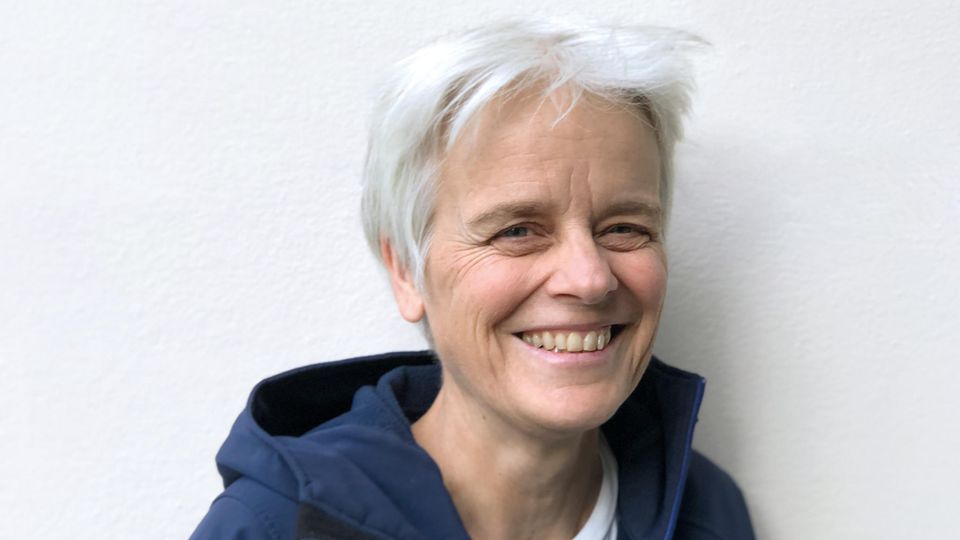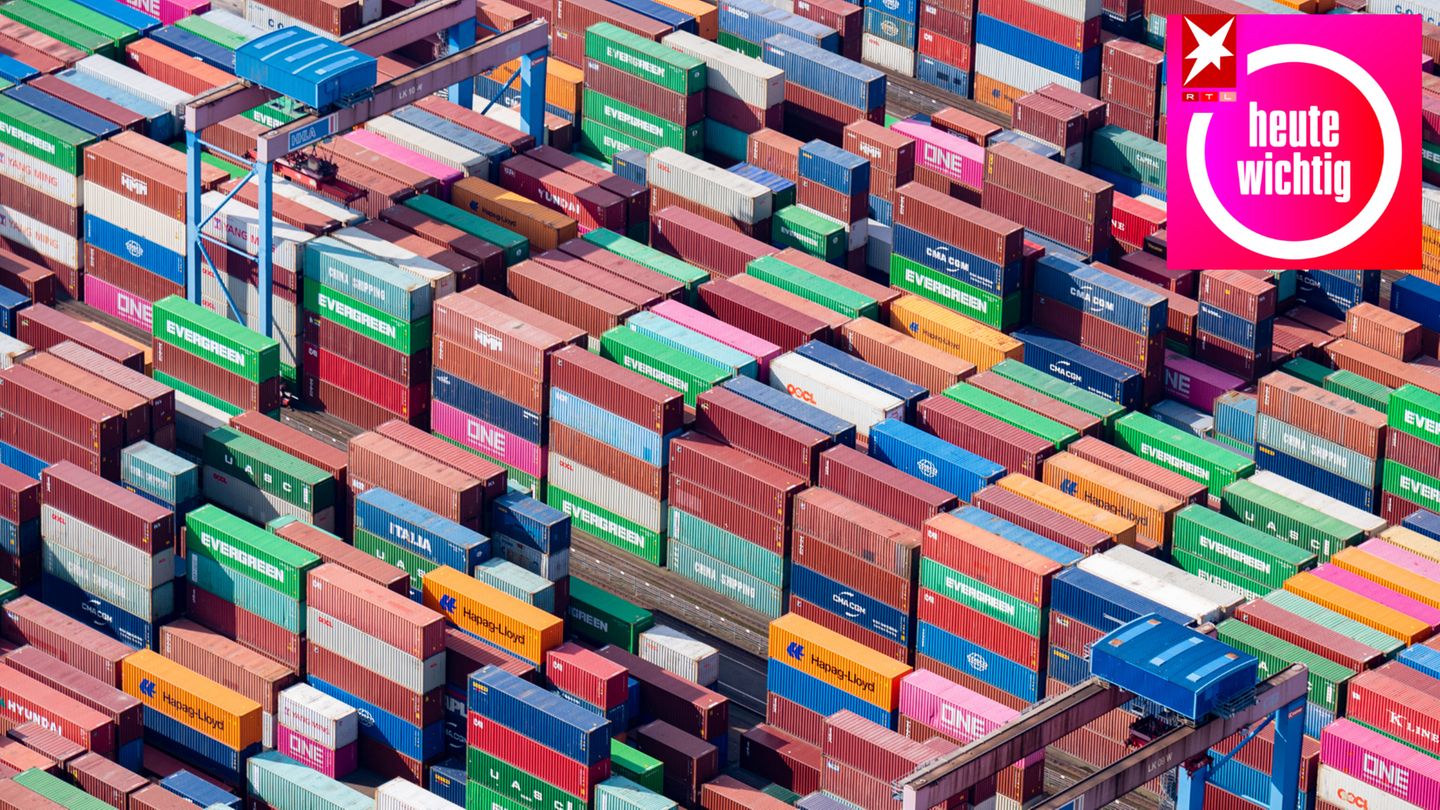Away from flying, cars and rapid growth: capitalism as an economic system has no future. That’s why we have to switch as quickly as possible, says business journalist Ulrike Herrmann. Otherwise the climate crisis will force us to do so.
Capitalism was nice, but it’s finished. That says the “taz” business journalist Ulrike Herrmann. While the UN climate conference is still taking place in Egypt, the heads of the G20, i.e. the 20 strongest industrialized nations, are meeting in Bali today. There, too, the great promise of green growth will be discussed again: Technical innovations, fueled by ecological energy sources, should be the solution to being able to fulfill the climate agreements and to be climate-neutral by 2050 at the latest. At least the EU has signed this promise.
But the big question keeps popping up at this point: How can this work? The only way is the ecological circular economy, in which you only use what you can recycle. That’s what Ulrike Herrmann says in the 404th episode of the podcast “important today”: “We only have the choice that we now, voluntarily, orderly, exit capitalism in good time and avoid the worst tipping points in the climate crisis. Or we do it carry on as before. But then the climate crisis will worsen to such an extent that capitalism will collapse on its own.”
Germany is currently consuming three planets
The targeted shrinking of the economy would have major consequences. The banking system would almost abolish itself, because if the economy no longer grows dynamically, loans can no longer be paid off. The business journalist and author (“The End of Capitalism”) is certain that there should be no more car or air travel: “Flying is no more. Neither short nor long haul.”

This departure not only has consequences for mobility, but for millions of employees. 1.75 million people in Germany work in the automotive industry alone. Conversely, climate protection creates many new jobs, says Herrmann, which we need more today than tomorrow. What would also change, however, is the salary structure: “If the economy shrinks, there can no longer be as many goods that you can buy, and then, of course, income must also fall.” This is another reason, the journalist warns, that the system change must be introduced as quickly as possible in order not to cause a severe economic crisis with millions of unemployed.
The aim should be an ecological circular economy
A possible model for this conversion could be the wartime economy from Great Britain in 1939. The studied historian has looked at examples from the past and England was particularly special for a democratic restructuring of society, says Ulrike Herrmann: “Great Britain had to shrink the peacetime economy within weeks in order to free up capacities in the factories for the military equipment that was needed. ” In this case, it is not the military aspect that matters, but that the entire society can be supplied in a climate-neutral manner – but at the same time the companies are given enough freedom to make their own economic decisions. That is the essential difference to socialism.
In any case, the global economic system will change as a result of the climate crisis. How and when it changes is up to us. However, Ulrike Herrmann sees Germany and other Western countries in particular on the train: “The climate crisis is caused by the rich countries. That’s why the rich countries have to do without. Not the poor countries.”
Your subscription to “important today”
Source: Stern
David William is a talented author who has made a name for himself in the world of writing. He is a professional author who writes on a wide range of topics, from general interest to opinion news. David is currently working as a writer at 24 hours worlds where he brings his unique perspective and in-depth research to his articles, making them both informative and engaging.




